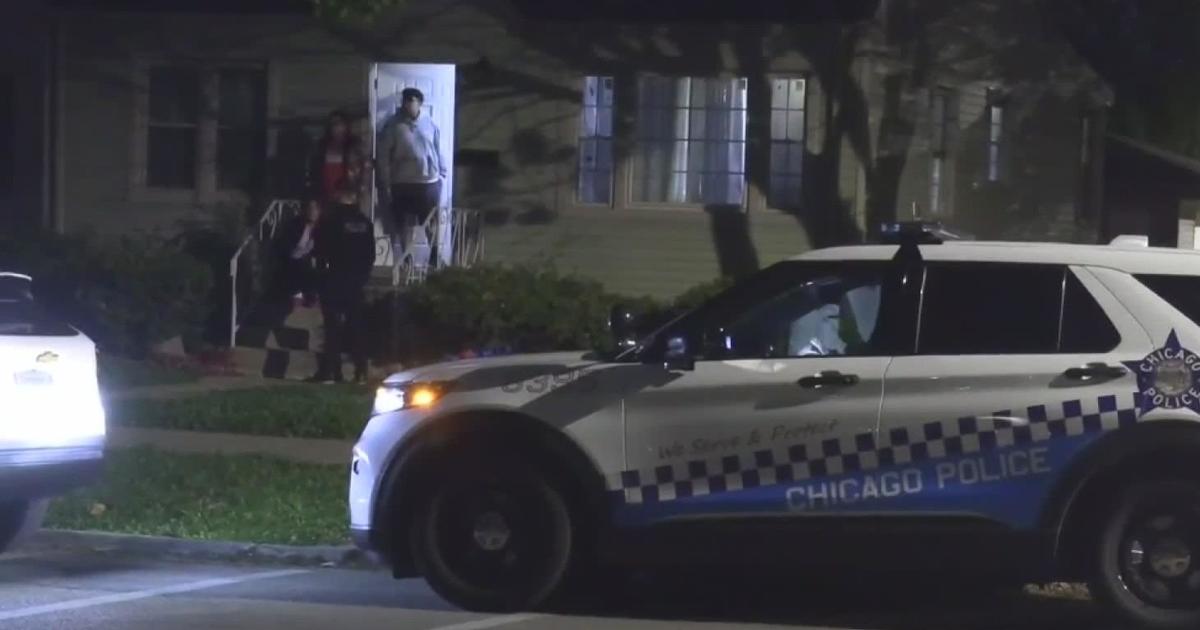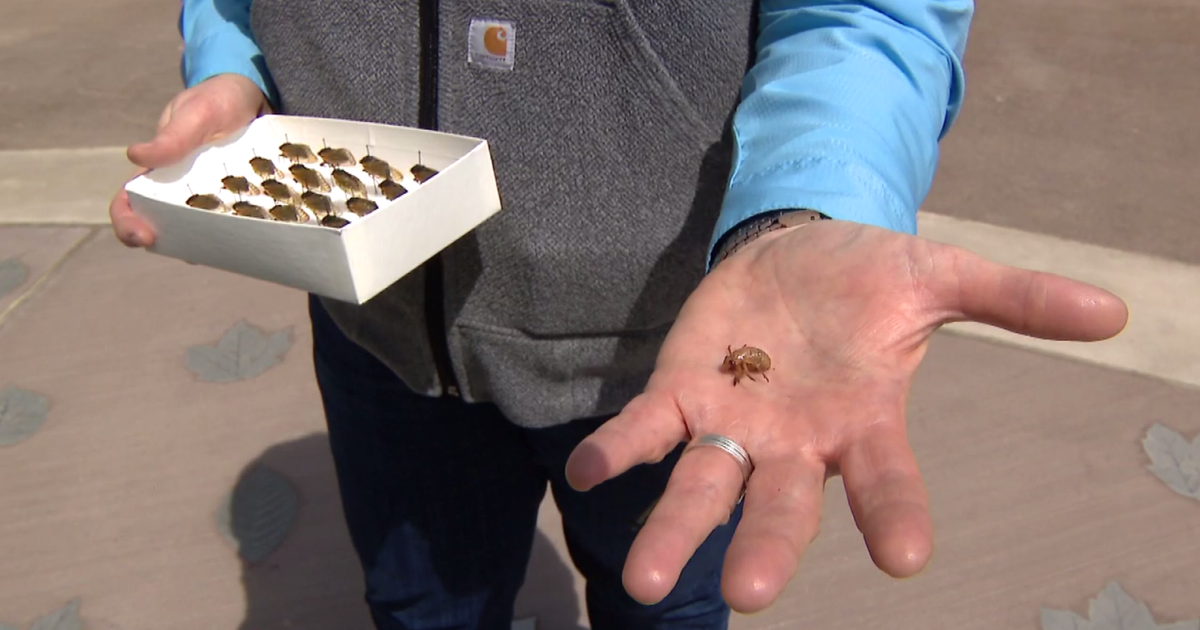Study: Huge Gap In Breast Cancer Death Rate In South Suburbs
CHICAGO (CBS) -- African American women in the south suburbs are 300 percent more likely to die from breast cancer than white women in the same area.
As CBS 2's Mike Puccinelli reports, it's a number that has left long time doctors and researchers stunned.
"I had an out-of-body experience actually. I literally saw the room from the fluorescent lights to the floor. I saw the top of my head. I saw tears coming down my face," said Markham resident Angela Walker, as she recalled her reaction five years ago when she learned she had breast cancer.
"That was in my head. That I would die," said Walker as she talked about getting the horrible news when she was 34 years old.
That fear is well founded for African American breast cancer patients in Chicago's south suburbs.
"The mortality rate for black women in the south suburbs is three times that for white women. It's a gap that is really unprecedented nationally," said Rush University Chief Medical Officer, Dr. David Ansell.
According to Cook County Department of Public Health statistics, the mortality rate for black women in the southern suburbs is 60 per 100,000, compared with 20 per 100,000 for white women in the same area.
Ansell said he was stunned to see what he suspects may be the highest mortality rate differential ever reported in the U.S.
"There are healthcare deserts. In the old days, there was patient dumping. We used to put people in ambulances and send them to (Cook County Hospital)," Ansell said. "Now, we have communities that have nothing. I call it community dumping. We have abandoned these communities."
Ansell also serves as the President of the Metropolitan Chicago Breast Cancer Task Force.
Dr. Ramji Rajendran, a scientific advisor with the Susan Komen foundation to cure cancer, said the current system is failing African American women in the southern suburbs, but he said early intervention can make all the difference.
"By allowing better education for mammography and for treatment of breast cancer I think we can overcome this battle," said Rajendran, an oncologist at St. Alexuis Medical Center.
Walker says she's living proof.
"Breast cancer is not a death sentence. There is life after breast cancer. We can do things as women to reduce the risk and beat the disease," said Walker.
The doctors said that poverty, education, diet and access to care are the likely culprits.
Walker said she believes beginning an exercise program, changing her dietary habits and regular visits with oncologists saved her life. She hopes her story can inspire others to beat their cancers.
The study covered three years of data, so we are not talking about a small sample.



